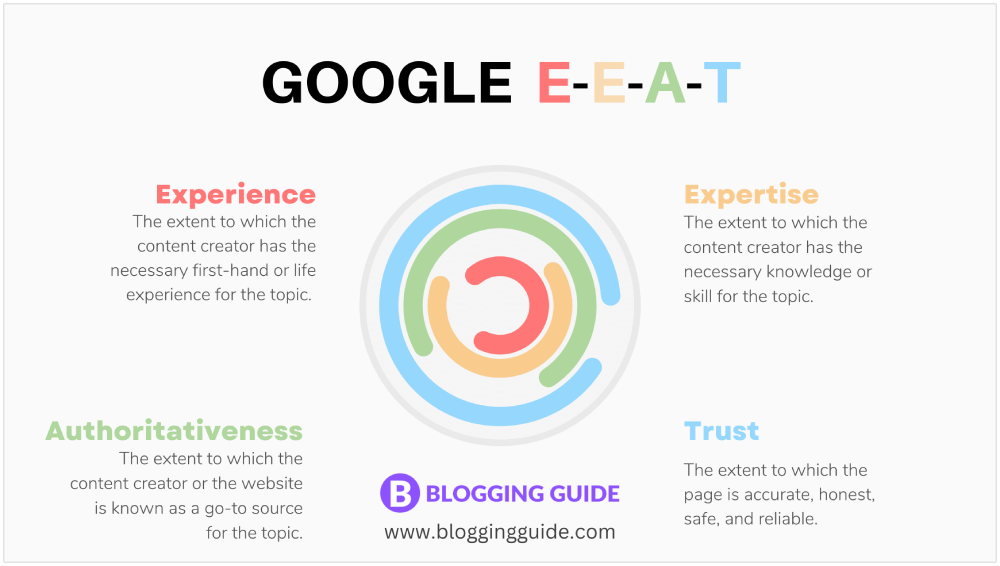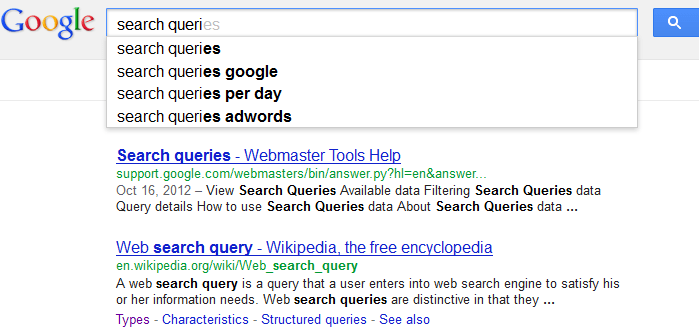Unlock the mystery of informational queries and take your search engine optimization strategy to the next level with this guide.

Image courtesy of via DALL-E 3
Table of Contents
Have you ever wondered how search engines help us learn new things or find information online? Well, that’s where informational queries come into play! In this article, we will explore the fascinating world of informational queries, understand what they are, why they are essential, and how they work to help us gather information on the internet.
What Is an Informational Query?
Let’s start with the basics. An informational query is a type of search query that we use when we want to learn something new or find information about a specific topic. It’s like asking a question to a search engine to discover facts, explanations, or details on a subject we’re curious about.
Why Do We Use Informational Queries?
People use informational queries for various reasons. Whether you’re looking to understand how things work, exploring interesting facts, or researching a school project, informational queries help us access a vast amount of knowledge available on the web. They’re like magic portals to a world of information waiting to be discovered!
The Basics of Search Engines
How Do Search Engines Work?
Search engines, like Google or Bing, are like super smart librarians on the internet. When you type something into the search bar, it’s like asking the librarian for a book on a specific topic. The search engine then goes through a massive library of websites to find the best matches for what you’re looking for. It looks for keywords in websites, just like how we might look for specific words in a book to find the right information.
Parts of a Search Engine
A search engine has three main parts that help you find what you need:
The Web Crawler goes around the internet collecting information from different websites. It’s like a super-fast spider exploring every corner of the web.
The Index is like a giant bookshelf where the search engine stores all the information it gathers. This way, when you search for something, it knows where to find it quickly.
The Search Algorithm is the brain of the search engine. It’s a fancy math formula that decides which websites are the most relevant to your search. So, when you type in a question, the algorithm figures out which websites have the best answers.
Types of Queries
Navigational queries are searches where a user is looking for a specific website or web page. For example, if you type in “Facebook” in the search bar, you are making a navigational query to access the Facebook website directly.
Transactional Queries
Transactional queries involve searches where the user intends to complete a transaction online. This could be purchasing a product, booking a flight, or finding a service. When you search for “buy red shoes,” you are making a transactional query.
Informational Queries
On the other hand, informational queries are about finding information rather than specific websites or transactions. When you search for “how to bake a cake” or “what is the capital of France,” you are making informational queries to learn more about a topic or gather information.
Examples of Informational Queries
Informational queries can help you find answers to everyday questions. For example, if you want to know how far the moon is from the earth, you can type in “distance between moon and earth” in a search engine. This type of query is used when you are looking for specific information or facts about a topic.

Image courtesy of www.seoptimer.com via Google Images
Learning about New Topics
Another way people use informational queries is to learn about new topics. Let’s say you are interested in learning about dinosaurs. You can search for “types of dinosaurs” to gather information about different dinosaur species. This type of query helps you discover new information and expand your knowledge on a subject.
Creating Good Informational Queries
When creating an informational query, it’s essential to use keywords effectively. Keywords are the words or phrases that best represent the information you are seeking. To choose the right keywords, think about the main topic or concept you want to learn more about. For example, if you’re interested in learning about dinosaurs, your keywords could be “dinosaur facts” or “types of dinosaurs.” By using specific keywords related to your topic, you can improve the accuracy of your search results.
Asking the Right Questions
Another important aspect of creating good informational queries is framing your questions in a way that will yield helpful results. Instead of typing a whole sentence or paragraph, try to condense your query into concise and relevant questions. For instance, instead of typing “What are the best restaurants in my area that serve Italian food?” you can simplify it to “Best Italian restaurants near me.” This way, search engines can better understand your intent and provide more targeted results.
Understanding Search Results
When you look up something on a search engine, you might see a special box at the top of the results page. This box is called a featured snippet. It gives you a quick answer to your question without having to click on any of the search results below. Featured snippets are like a sneak peek into the information you’re looking for.

Image courtesy of www.wordstream.com via Google Images
Evaluating Information
It’s important to know how to figure out if the information you find online is trustworthy. Some websites might not have accurate or reliable information. One way to check is by looking at the web address. If it ends in “.gov” or “.edu,” it’s more likely to be a trusted source. Also, you can check if the information is backed up by other websites or experts.
Avoiding Misinformation
In today’s digital age, it’s easier than ever to find information on the internet. However, not all information is accurate or reliable. It’s essential to learn how to spot misinformation and rely on trustworthy sources. Let’s explore how to avoid falling for false information online.
Identifying Reliable Sources
One crucial step in avoiding misinformation is learning to identify reliable sources. Reliable sources are sources that provide accurate and trustworthy information. When searching for information online, look for websites that are well-known, such as official government sites, reputable news outlets, or educational institutions. Check the author’s credentials and verify that the information is up to date. Be wary of sources that lack credibility or appear biased.
Fact-Checking Techniques
Fact-checking is another important skill to develop when navigating the vast amount of information available online. Before accepting information as true, take the time to verify it through multiple credible sources. Cross-reference the information with reliable websites and look for consensus among different sources. Be cautious of information that seems too good to be true or aligns with a particular agenda. By fact-checking information, you can ensure that you are basing your knowledge on accurate and reliable sources.
Conclusion
In this article, we have explored the fascinating world of informational queries and how they assist us in finding information online. By understanding the basic principles of search engines and the different types of queries, we can navigate the vast sea of information available on the internet more effectively.

Image courtesy of www.wordstream.com via Google Images
Recap of What Was Learned
We have learned that an informational query is a search query used to gather information on a specific topic. People use informational queries to learn new things, find answers to their questions, and explore various topics of interest. By crafting good informational queries using appropriate keywords and asking the right questions, we can enhance our search experience and obtain more relevant results.
Encouraging Exploration
As we conclude, I encourage you, dear reader, to put your newfound knowledge to good use. Practice creating informational queries to delve into subjects that pique your curiosity, broaden your horizons, and satisfy your thirst for knowledge. By honing your search skills and discerning reliable sources, you can become a proficient navigator of the digital realm, unlocking a world of information at your fingertips.
Want to turn these SEO insights into real results? Seorocket is an all-in-one AI SEO solution that uses the power of AI to analyze your competition and craft high-ranking content.
Seorocket offers a suite of powerful tools, including a Keyword Researcher to find the most profitable keywords, an AI Writer to generate unique and Google-friendly content, and an Automatic Publisher to schedule and publish your content directly to your website. Plus, you’ll get real-time performance tracking so you can see exactly what’s working and make adjustments as needed.
Stop just reading about SEO – take action with Seorocket and skyrocket your search rankings today. Sign up for a free trial and see the difference Seorocket can make for your website!
FAQs
What if I Can’t Find What I’m Looking For?
When you can’t find what you’re looking for using a search engine, there are a few things you can try. First, you can try refining your search terms by using different keywords or phrases that better describe what you’re looking for. You can also try using quotation marks around a specific phrase to search for an exact match. Additionally, you can use filters or advanced search features provided by the search engine to narrow down your results. If all else fails, you can try using different search engines to see if you get better results.
How Do I Know If a Source Is Reliable?
It’s important to make sure the information you find online comes from reliable and trustworthy sources. To determine if a source is reliable, you can look for signs of credibility such as the author’s credentials, citations or references to other sources, and whether the website is well-known and reputable. It’s also helpful to check if the information is up to date and factually accurate. Remember, it’s always a good idea to cross-reference information from multiple sources to ensure its reliability.







